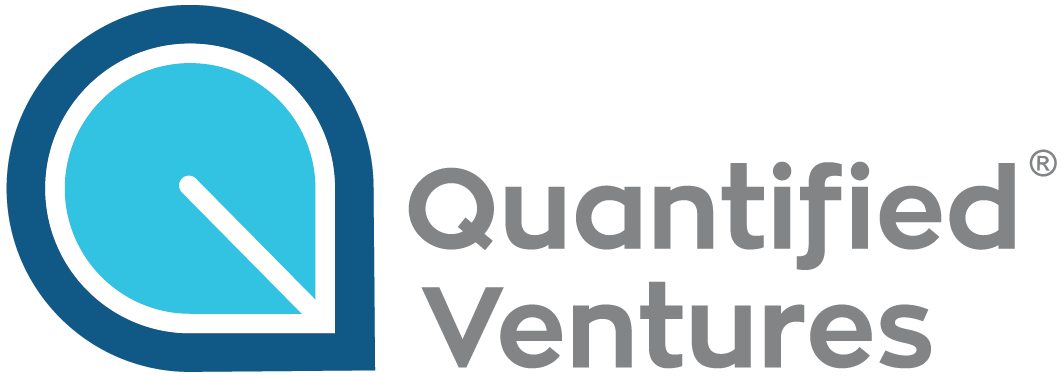Rethinking the Economics — and Dignity — of Advanced Illness Care
By Eric Letsinger, Founder and CEO of Quantified Ventures
Photo courtesy of Paul Csogi.
Last week I had the chance to speak at C-TAC’s National Summit on Advanced Illness Care — an inspiring gathering of professionals committed to finding better ways to care for those facing the final chapters of their lives. Although the gathering happened to take place just 4 blocks from the Capitol, where legislators were furiously dismantling care options for those most in need, the event was nothing short of inspiring. Sponsored by AARP, Aspire Health, and Aetna, it brought together visionaries in advanced illness care who are actively reshaping the way end-of-life care is provided across policy, delivery system reform, community engagement, caregiver support, and finance.
I lost my father to cancer a couple years ago. It was my first experience losing a close family member, and being there from terminal diagnosis through death. Not fun. When you go through it, you learn what many already know:
50% of U.S. healthcare spending treats 5% of the population
30% of Medicare costs are incurred in the last year of life, often on treatments that are either unnecessary or unwanted
$25+ billion in economic productivity is lost each year from employees serving as caregivers (often from people without plans)
If other families are like mine, they’re rarely ready for the process. We made decisions that, in hindsight, were not reflective of how my Dad lived his life. We fought with the disease — viewing it more a battle that needed to be won, despite the facts. We didn’t mean to, but we did. The care providers were terrific, but the health “system” allowed us, and frankly welcomed us, to make decisions that are now ones we regret. We could have spent our final months with Dad better — with fewer machines, fewer days and nights in the hospital, fewer doctor appointments, fewer tests, fewer mad dashes to the emergency room.
In hindsight, fewer but better days is likely what he would have chosen, had he been able to make that decision under more stable conditions. He, and therefore we, fought the notion of hospice along the way. It smelled too much like defeat — not something we like to face or consider as a family with grit from Pittsburgh. But when we finally “got there” (reluctantly and exhausted), it was amazing. It was fresh, comfortable, peaceful, joyful even. There were no machines, no doctors rushing, no forms in triplicate. No chaos or sense of urgency. It was perfect and we all wondered what took us so long to “get there.” He died in comfort with his family — also comfortable — around him. Total dignity.
As a guy who structures outcomes-based financing transactions in the health sector, I couldn’t help but notice what a dramatic “cost-per-day” plunge we took when Dad entered hospice. The outcome was better and the system’s costs were lower. It now seems so obvious. So why are we fighting this?
C-TAC Innovations is devoted to implementing new delivery systems for advanced illness and assuring that people receive care matching their preferences and values. Respecting Choices, for example, joined Innovations this year. This organization trains medical professionals in person-centered care around these types of difficult decisions. As I know from personal experience, these conversations are difficult to broach—and the choices are hard to make. But with better processes, families like mine may be able to get there faster than we did.
Being at the C-TAC conference — with professionals advancing solutions that better align with the needs of families navigating end-of-life “stuff” — was actually incredibly uplifting. They’re brave, honest, innovative, and evidence-based. They’re not claiming to have the answer, but are hungry to provide better options for real people to choose paths that are right for them. I feel lucky to be working with many of them in this evolving industry to scale practices that drive better outcomes for humanity at this inevitable and perfectly special time in life called dying.

